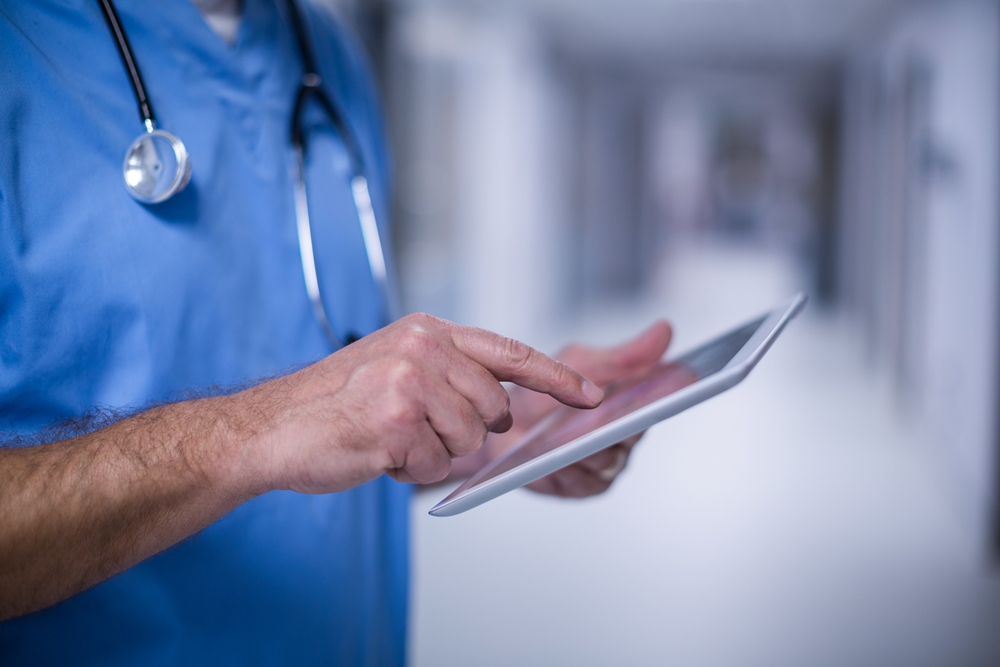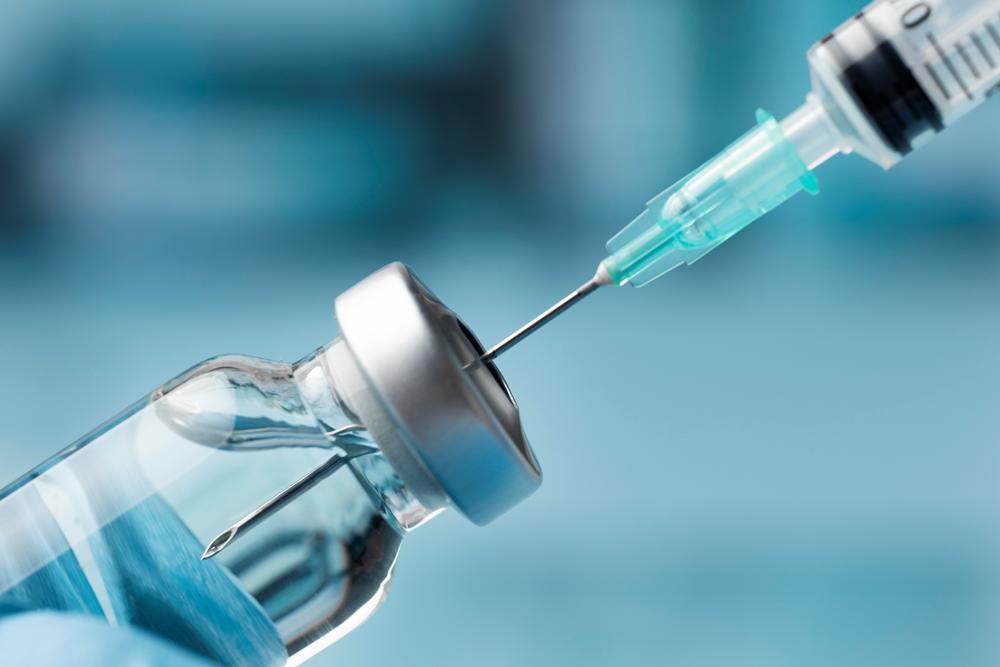
A Scottish PhD student has created an AI device to support early skin cancer diagnosis in remote areas, without needing internet or direct access to a dermatologist.
Tess Watt, a PhD student at Heriot-Watt University in Edinburgh, developed the system using a small camera connected to a Raspberry Pi – a low-cost, energy-efficient handheld computer.
Patients take photos of skin complaints, which are analysed locally using image classification software comparing them to thousands of stored images.
The tool provides a diagnosis without requiring internet connectivity or direct access to dermatologists – doctors who specialise in skin conditions.
Results are shared with local GP services to help start treatment promptly.
Believed to be the first of its kind to combine AI diagnosis with a focus on remote communities, the tool currently achieves up to 85 per cent accuracy.
The research team hopes to improve this by expanding access to skin lesion datasets and more advanced machine learning tools.
Ms Watt said: “Healthcare from home is a really important topic at the moment, especially as GP wait times continue to grow.
“If we can empower people to monitor skin conditions from their own homes using AI, we can dramatically reduce delays in diagnosis.”
A prototype has already been demonstrated at Heriot-Watt’s advanced health and care technologies suite.
Ms Watt is also in discussions with NHS Scotland to begin the ethical approval process for clinical testing.
“Hopefully in the next year or two, we’ll have a pilot project under way,” she said.
“By the time I finish my PhD, three years from now, I’d love to see something well into the pipeline that’s on its way to real-world use.”
The university said the long-term vision is to launch the system first in remote parts of Scotland, with eventual expansion to global regions with limited access to dermatological care.
The technology may also help people who are infirm or unable to travel, with loved ones capturing and submitting diagnostic images to GPs.
Dr Christos Chrysoulas, Ms Watt’s academic supervisor, said: “E-health devices must be engineered to operate independently of external connectivity to ensure continuity of patient service and safety.
“In the event of a network or cloud service failure, such devices must fail safely and maintain all essential clinical operations without functional degradation.
“While auxiliary or non-critical features may become temporarily unavailable, the core diagnostic and even therapeutic capabilities must remain fully operational, in compliance of course with safety and regulatory requirements.
“Ensuring this level of resilience in affordable, low-cost medical devices is the essence of our research, particularly for deployment in resource-limited settings and areas with limited or no connectivity, where uninterrupted patient care must still be guaranteed.”









